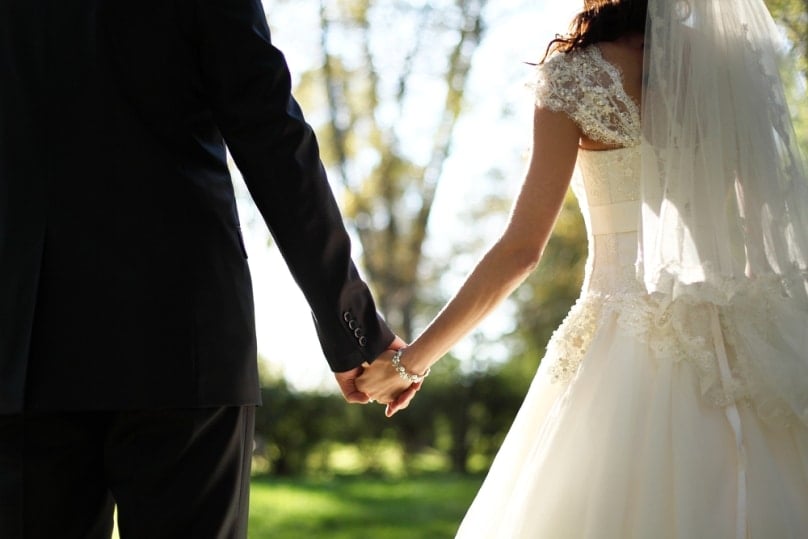
There’s something about the beginning of the school year which signals that holidays are well and truly over. When school goes back, we kick in to our normal routine. So the Catholic Talk column this week returns to normal programming. In particular, I thought I would preview some of the “hot button” issues we’re sure to face in the year ahead.
Beginning next month, comedian Andrew Denton will resume his campaign for the legalisation of euthanasia in this country with his podcast series: Better Off Dead.
Added to this will be the attempts by the recently formed NSW Parliamentary Working Group on Assisted Dying aimed at gaining cross-party support for assisted dying in this state. And at a federal level, we will see Greens leader Senator Richard di Natale continue his push to have euthanasia defined as a “medical service” falling under the constitutional powers of the Commonwealth government.
Moving from end-of-life issues to start of life ones, this year will see the publication of the National Health and Medical Research Council’s ethical guidelines on the use of assisted reproductive technologies, which regulate all clinics which offering assisted reproductive technologies. It has been foreshadowed that the guidelines might approve the currently-prohibited practices of payment for gamete donation and the use of IVF for sex-selection. Additionally, NSW Attorney General Gabrielle Upton has foreshadowed changes to NSW surrogacy laws this year.
Continuing with the theme of unborn human life, we know that the NSW Greens and their supporters are set to continue their #End12 campaign to remove the crime of abortion from Division 12 of the NSW Crimes Act, to enforce exclusion zones around abortion clinics as a way to prevent prayer vigils and offers of pregnancy assistance being given to women seeking abortion.
They will also seek legislation requiring doctors with a conscientious objection to abortion to nevertheless refer women to a doctor who will provide abortions.
The freedom of conscience, unlike the invented “right” to abortion, is a recognised human right. It will not be the only human right we hear about this year, because we will also be receiving the results of two inquiries relating to the protection and exercise of human rights and freedoms which were conducted last year.
The Australian Law Reform Commission had a public consultation on whether traditional rights and freedoms are being infringed upon by Commonwealth laws, and the interim report released in August suggested that religious freedom could be curtailed in deference to anti-discrimination complaints. The final report was delivered to the Attorney-General before Christmas, but it has not yet been made public.
Additionally, the Australian Human Rights Commission began consulting on several specific rights, including freedom of association and religion, and conducted the first of three roundtable discussions on the matter of freedom of religion. Interestingly, while the first roundtable included representatives from faith communities and those of no faith, the remaining two (due to be conducted next month) will exclude faith communities altogether. One roundtable will be reserved to representatives of non-faith communities, and the other reserved to LGBTI advocacy groups.
The initial indications of where these inquiries are headed is concerning, particularly given another “hot button” issue for 2016 will be the debate over the definition of marriage, and the likelihood that a national vote will occur this year. While those who oppose the natural definition of marriage are campaigning to remove the vote from the Australian people and instead place it in the hands of parliamentarians, Prime Minister Malcolm Turnbull remains committed to a plebiscite.
The religious freedom issue ties in closely with all of this, particularly in determining how much of Catholic teaching will be permitted to be expressed in public during a national discussion. You would recall that last year, an anti-discrimination complaint was made against Archbishop Julian Porteous and the Australian Catholic Bishops Conference for the production and distribution of a booklet explaining Catholic teaching on marriage, which was distributed in Catholic schools across the country. That matter is yet to be resolved.
These are just some of the issues facing us in our attempts to protect human life and the family. There will obviously also be conversations about our treatment of refugees and asylum seekers, particularly with the increased intake of Syrian refugees, the crisis of homelessness and the efforts we need to make with affordable housing, the continuation of the Royal Commission into Institutional Responses to Child Sexual Abuse and more.
It will be a busy year, and we need to ensure we have good information to engage in these important discussions. I look forward to addressing them in this column in the coming months, and hope you will keep reading.
As a final note, this list of issues makes me realise how fortunate we are to have such a strong advocate for life, marriage and the family leading our archdiocese. Let’s continue to pray for his speedy recovery.
